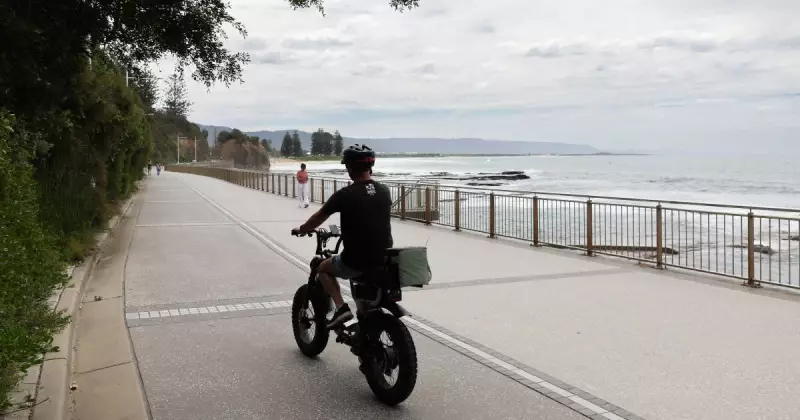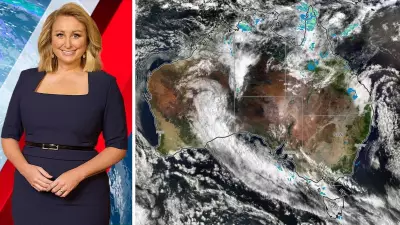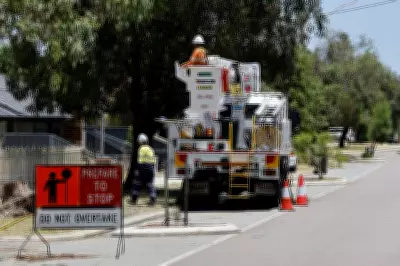
The Newcastle community is embroiled in heated debates over transportation, environmental protests, and local governance, as revealed in recent letters to the editor that highlight deep divisions on key regional issues.
E-bikes: Transport Solution or Dangerous Toy?
A sharp exchange has erupted over the role of electric bicycles in Newcastle's transport future. Ian Reynolds from Forster launched a scathing critique, describing e-bikes as "outrageously dangerous, unlicensed, overpowered, and uncontrollable devices" that represent a safety hazard rather than an environmental solution.
This response came after another reader advocated for e-bikes as a positive step toward greener transport. Reynolds dismissed the environmental argument entirely, insisting these vehicles are simply "a dangerous unlicensed toy out of control" that offer no real advantage to modern society.
Climate Protests and Health Concerns
The debate extends to environmental activism, with Melissa Barrass from Carrington defending climate protesters against accusations of wasting time and resources. As a Rising Tide community member, Barrass pointed to concrete health impacts affecting Hunter residents.
"Our region records above-average rates of respiratory disease, cardiovascular illness, and childhood asthma," she noted, linking these conditions directly to coal dust exposure and environmental contamination. Barrass cited the Hunter New England and Central Coast Primary Health Network data to support her argument that the health consequences are already being felt by families living near mining operations.
Ray Peck from Hawthorn added scientific context, explaining that even if emissions stopped immediately, warming would continue at a slowing rate due to historical greenhouse gas accumulation.
Broader Community Concerns Emerge
The letters reveal several other pressing issues concerning Newcastle residents. Doug Hewitt from Hamilton expressed alarm about Australia's growing military spending and reluctance to sign the UN Treaty for the Prohibition of Nuclear Weapons, particularly given the 80th anniversary of the Hiroshima bombing.
Meanwhile, Don Owers from Whitebridge challenged conventional solutions to the housing crisis, arguing that reducing immigration represents the only workable approach to addressing supply and demand imbalances that drive up construction costs and property prices.
The treatment of Newcastle Lord Mayor Ross Kerridge also drew comment, with Shane Tull from Redhead agreeing that the elected official deserved better treatment from council members who appeared unwilling to accept the democratic process.
Economic Impacts of Activism
Not all residents supported the protest methods. Dave McTaggart from Edgeworth blamed Rising Tide's activities for Viking cruise line cancelling Newcastle visits, resulting in lost income for local workers. This perspective highlights the economic tensions that can emerge from environmental activism in industrial regions.
The collection of letters presents a community grappling with complex transitions - from traditional industries to cleaner alternatives, from conventional transport to new technologies, and balancing economic needs with environmental and health concerns.





